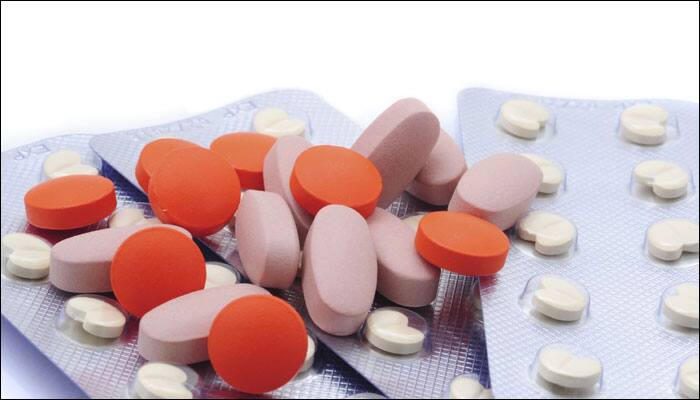New Delhi: A team of researchers has come up with a new treatment pathway for antibiotic resistant bacteria and infectious diseases with benefits for patients and health care providers.
Researchers from the University of Birmingham and Newcastle University found that the unusual approach of removing antibodies from the blood stream reduced the effects of chronic infections, the requirement for days spent in hospital and the use of antibiotics.
The team identified two patients with bronchiectasis who suffered with chronic Pseudomonas aeruginosa infections that were resistant to many antibiotics; a 64-year-old male, diagnosed with bronchiectasis aged fifteen, and a 69-year-old female who had bronchiectasis from childhood.
Researcher Ian Henderson explained, "These patients had an excess of a particular antibody in the bloodstream. In contrast to the protective effect normally associated with antibody, in these patients the antibody stopped the immune system killing the Pseudomonas aeruginosa bacterium and this worsened the patients` lung disease.
Perhaps counter-intuitively, we decided to remove this antibody from the bloodstream and the outcomes were wholly positive."Dr Tony De Soyza explained, "We needed a brand new way of tackling this problem.
Working with kidney and immunology experts, we used a process known as plasmapheresis that is somewhat like kidney dialysis.
The plasmapheresis involved the removal, treatment, and return of blood plasma from circulation, and was done 5 times in a week in order to remove antibody from the patients.
We then replaced antibodies with those from blood donations. This treatment restored the ability for the patients` blood to kill their infecting Pseudomonas.
"Both patients reported a rapid improvement in health and wellbeing, greater independence and improved mobility compared to any point in the previous two years.
Henderson added: "This shows that we can improve patient wellbeing significantly, by reducing the need for treatment and the numbers of days spent in hospital, which will also help to reduce the reliance on antibiotics.
The next step is to do longer term studies to investigate whether an earlier intervention, with slightly less aggressive therapies, could help prevent disease progression in patients.
(With Agency inputs)
















